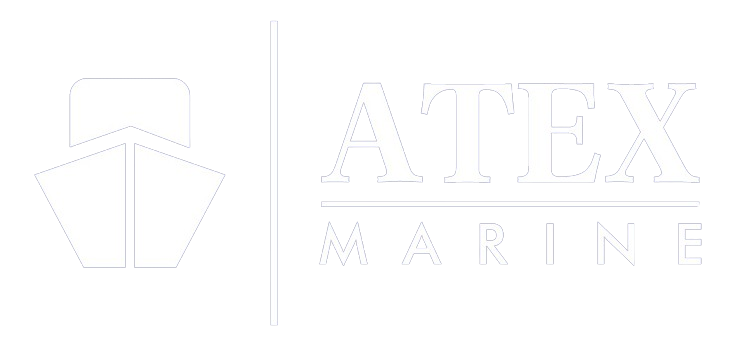AUTOMATION
Understanding Marine Scrubber Systems
Marine Scrubber Systems are advanced emission control technologies designed to reduce air pollution from exhaust gases of marine engines by removing sulfur oxides (SOx) and particulate matter. These systems are crucial for ensuring compliance with international maritime environmental regulations, such as the International Maritime Organization (IMO) regulations under MARPOL Annex VI. This guide explores the key aspects of marine scrubber systems and addresses frequently asked questions about their operation, types, benefits, installation, and regulatory compliance.
What are Marine Scrubber Systems?
Marine Scrubber Systems are exhaust gas cleaning systems that use various technologies to remove sulfur oxides (SOx) and particulate matter from ship engine emissions before they are released into the atmosphere.
Benefits of Marine Scrubber Systems
Implementing marine scrubber systems offers several advantages:
- Environmental Compliance: Helps vessels comply with IMO regulations by reducing sulfur emissions and particulate matter.
- Cost Savings: Allows vessels to continue using high-sulfur fuels while avoiding the higher cost of low-sulfur fuels.
- Operational Flexibility: Provides flexibility in fuel choices and compliance options, particularly in Emission Control Areas (ECAs).
- Health and Safety: Improves air quality by reducing harmful emissions, benefiting both crew members and the environment.
- Long-term Sustainability: Contributes to sustainable shipping practices by reducing the environmental impact of vessel operations.
10 Frequently Asked Questions (FAQs) about Marine Scrubber Systems
| FAQ | Answer |
|---|---|
| What is a marine scrubber system? | It is an exhaust gas cleaning system installed on ships to reduce sulfur oxides (SOx) and particulate matter emissions from engine exhaust gases. |
| How does a marine scrubber work? | Scrubbers use water or other chemical solutions to neutralize sulfur oxides (SOx) and trap particulate matter from exhaust gases before they are released into the atmosphere. |
| What are the types of marine scrubber systems? | Types include open-loop scrubbers, closed-loop scrubbers, and hybrid scrubbers, each with different methods for treating exhaust gases. |
| Why are marine scrubber systems important? | They help ships comply with international emissions regulations while allowing for cost-effective use of high-sulfur fuels. |
| Are marine scrubber systems mandatory? | They are not mandatory but provide an alternative compliance option to using low-sulfur fuels in Emission Control Areas (ECAs). |
| How are marine scrubber systems installed? | Installation involves integrating scrubber units into the ship’s exhaust system and ensuring compliance with installation guidelines and safety standards. |
| What maintenance is required for marine scrubber systems? | Regular maintenance includes monitoring scrubber performance, cleaning filters, and replacing consumables to ensure effective operation. |
| Can scrubber systems handle different types of fuels? | Yes, scrubbers can be adjusted to treat exhaust gases from various fuel types, including heavy fuels and distillates. |
| What are the environmental benefits of using marine scrubbers? | They reduce sulfur emissions and particulate matter, improving air quality and minimizing the environmental impact of maritime operations. |
| How do marine scrubbers contribute to sustainable shipping practices? | By enabling the continued use of high-sulfur fuels with reduced emissions, scrubbers support sustainable shipping practices and compliance with emissions regulations. |
Conclusion
Marine Scrubber Systems play a crucial role in reducing air pollution from ship emissions and ensuring compliance with international environmental regulations. By effectively removing sulfur oxides (SOx) and particulate matter from exhaust gases, these systems support sustainable shipping practices and operational flexibility. Understanding their functions and addressing common questions can help maritime professionals make informed decisions about implementing and maintaining marine scrubber systems onboard.
